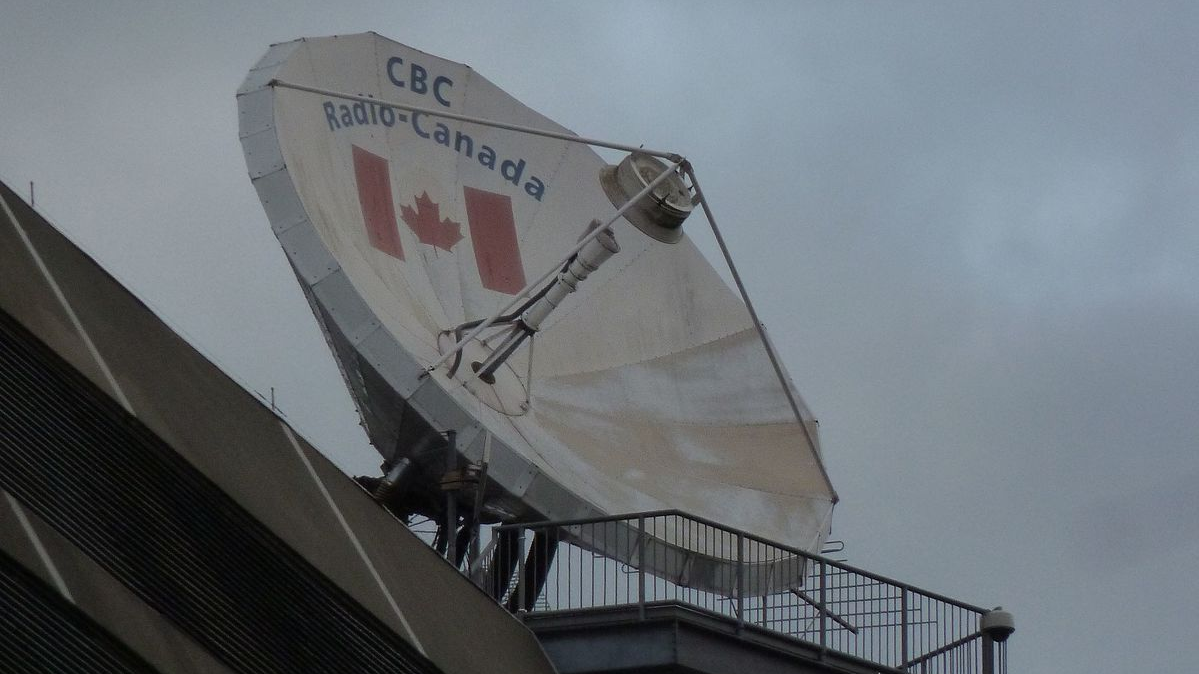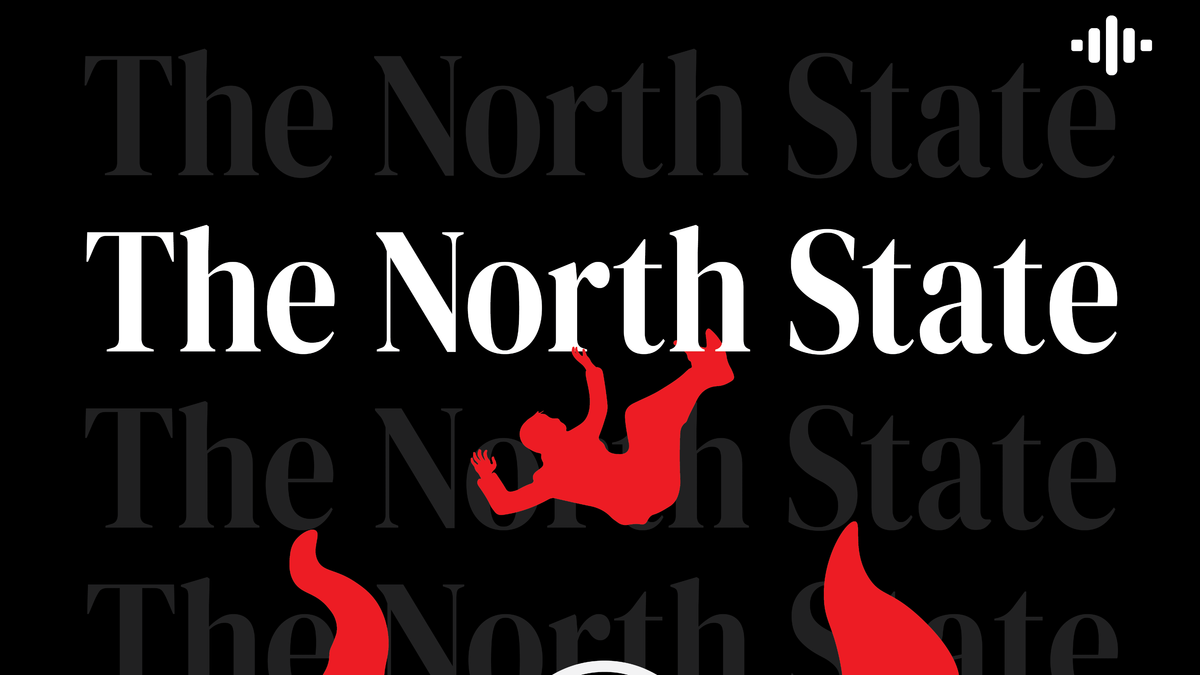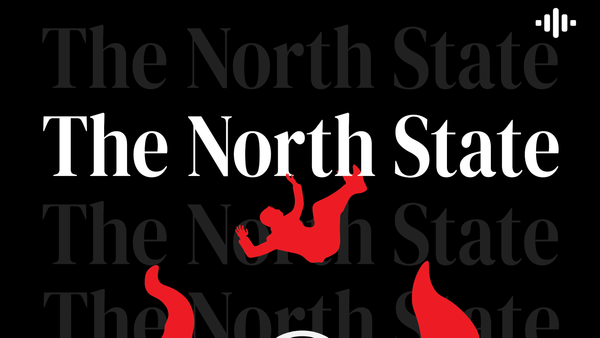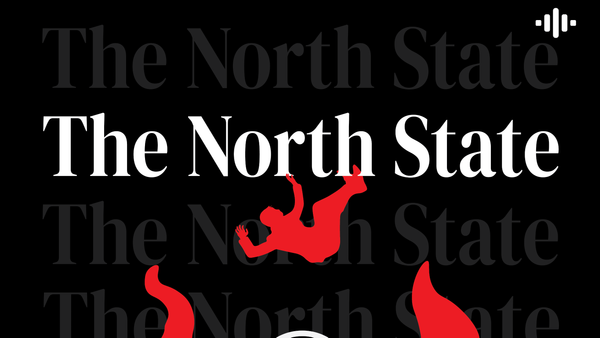Public Broadcasting's Impending Death Rattle
Cuts from Carney deliver on threats from Poilievre

In the campaign for the 2025 federal election, newly minted Liberal leader Mark Carney promised to increase funding to CBC by $150 million. To justify the announcement, Carney pointed to funding for public broadcasters in countries like Germany, the UK and France. "We expect that in the coming years, we will continue to increase that funding until it can be compared to that provided by other public broadcasters"
At the time, Conservative leader Pierre Poilievre, who has long advocated for defunding CBC, predictably decried Carney's pledge. "With a fourth Liberal term, he will spend even more for CBC and other things."
But that was then, you see. Now that Carney and the Liberal Party have won on that campaign promise, things are different. With reports that the Carney government's operating budget could lead to the "worst spending cuts in modern history," CBC won't be spared. Indeed, the dream of Poilievre and the Conservative party is coming true. CBC will be defunded. Carney and the Liberals will put public broadcasting in the hospital. Before long, it will be taken off of life support.
As a result of Carney's aggressive hollowing out of the public service, he's aiming to cut $25 billion in spending over the next three years. All done while increasing the military budget by $9.3 billion this fiscal year, and promising to further raise military spending to the new 5 per cent of GDP approved by NATO in June. While the entire federal apparatus faces these cuts, CBC has also been put in the crosshairs. In a Toronto Star article, it was reported that CBC, Via Rail and other Crown corporations were told to propose their own cuts in order to meet Carney's target. Specifically, that up to 15 per cent of their spending is to be reduced in the next three years. As Mark Ramzy notes, this is "nearly double what the Carney Liberals promised during the recent election campaign."
An article at Le Journal de Montréal dove deeper into the memo sent to employees at CBC. The cuts facing Canada's public broadcaster over three years are expected to be $198 million, with $98 million over the next year being taken from their budget.
Keen readers will note that cutting $198 million from CBC stands in stark contrast to the election promise to boost funding to the CBC by $150 million.
It's important to remember that, shortly after the Liberal's electoral win, there were clear warnings from left-wing critics about Carney's right-wing agenda, including austerity. Yet at least one article shortly afterwards touted their election triumph as a win for CBC. On May 17, The Canadian Press published an article claiming the public broadcaster had "escaped defunding." Jessica Johnson, senior fellow at McGill University's Centre for Media, Technology and Democracy, was quoted as saying the CBC will be "safe for the next 18 months." It has been two and a half months since Carney's election win.

There's no doubt that CBC is in a sorry state, generally. In 2023, CBC/Radio-Canada announced that it had a $125 million budget shortfall and would need to 10 per cent of its work force. In April of 2024, an increase of funding from the federal government largely addressed their issues. CBC/Radio-Canada said in a statement that the funds would improve their situation and allow them to balance their budget "without significant additional reductions this year."
"Additional" holds a lot of weight in that quote. They still eliminated hundreds of jobs in 2024.Additionally, during that same time, they paid over $18 million in bonuses to primarily executives and managers.
There are also further issues in the manner that CBC News conducts its journalism. Their approach to covering the Palestinian genocide has been nothing short of appalling. They've uncritically published opinion pieces from far-right antivaxx convoy types. They've also disseminated white supremacist propaganda.

Despite all the many, many, many (many) problems that CBC has both in its current iteration and its foundations, it's crucially important to have a public broadcaster in Canada. CBC is one of the few outlets that has the resources to report from rural and under-covered areas. The amount of money they funnel into investigations and original reporting that covers a wide range of communities is unparalleled. It could absolutely be improved, but the point of the public broadcaster is to fulfill these needs.
Canadians have a generally positive view of CBC, as well. In October of 2024, a national survey by the Centre for Media, Technology and Democracy, Do We Need the CBC? found important opinions Canadians held about the institution. In their findings, 57 per cent of respondents would either increase or maintain funding, and 79 per cent said that "a large public service media organization like CBC/Radio-Canada" was equally or more important than before the rise of social media.
Public opinion like this is probably why Carney and the Liberal party promised to increase funding to the public broadcaster. But he's gone back on that promise, and clearly instructed that he expects to pull approximately $200 million out of the public broadcaster. It's clear Carney doesn't respect the electorate's intelligence.
But it gets far more sinister. Carney's cuts to the CBC don't happen in a vacuum. While he's drastically shifted to the Conservative line of "Defund the CBC," US President Donald Trump won a battle to end federal funding to PBS and NPR. The US Senate approved a package that would revoke $9 billion in funding allocated for public radio and television. Should the legislation pass the House, the Corporation for Public Broadcasting (CPB) they would lose $1.1 billion in funding. The CPB is the entity that delivers federal money to NPR, PBS and member stations. Issues with NPR and PBS largely mirror those with the CBC, but the positives are also similar.
In this respect, defunding public broadcasters is reflective of the politician's worldview. Carney and his supporters have proven their solution to the far-right tide sweeping across the world is to be right-wing. Poilievre, much like Trump, has open detest for reporters. In many ways, this is a large impetus for the Conservative call to "Defund the CBC." But Carney, despite positing himself opposite of the Conservatives, has been eager to follow their policy. Like Trump, he is targeting the public broadcaster as part of a larger austerity push to destablize and, even dismantle, all aspects of the federal government outside of the military.
With the only two feasible electoral options in Canada now joining hands to shovel dirt, public broadcasting has been put in a hole it can't dig out of. It's entirely likely that the CBC continues as a shell of its former self, merely to stave off accusations that it was a victim of political ideologues. But it will not exist in any real way. Soon the death rattle will come. When it finally does, our news diet will be flooded with uncomfortable silence.







